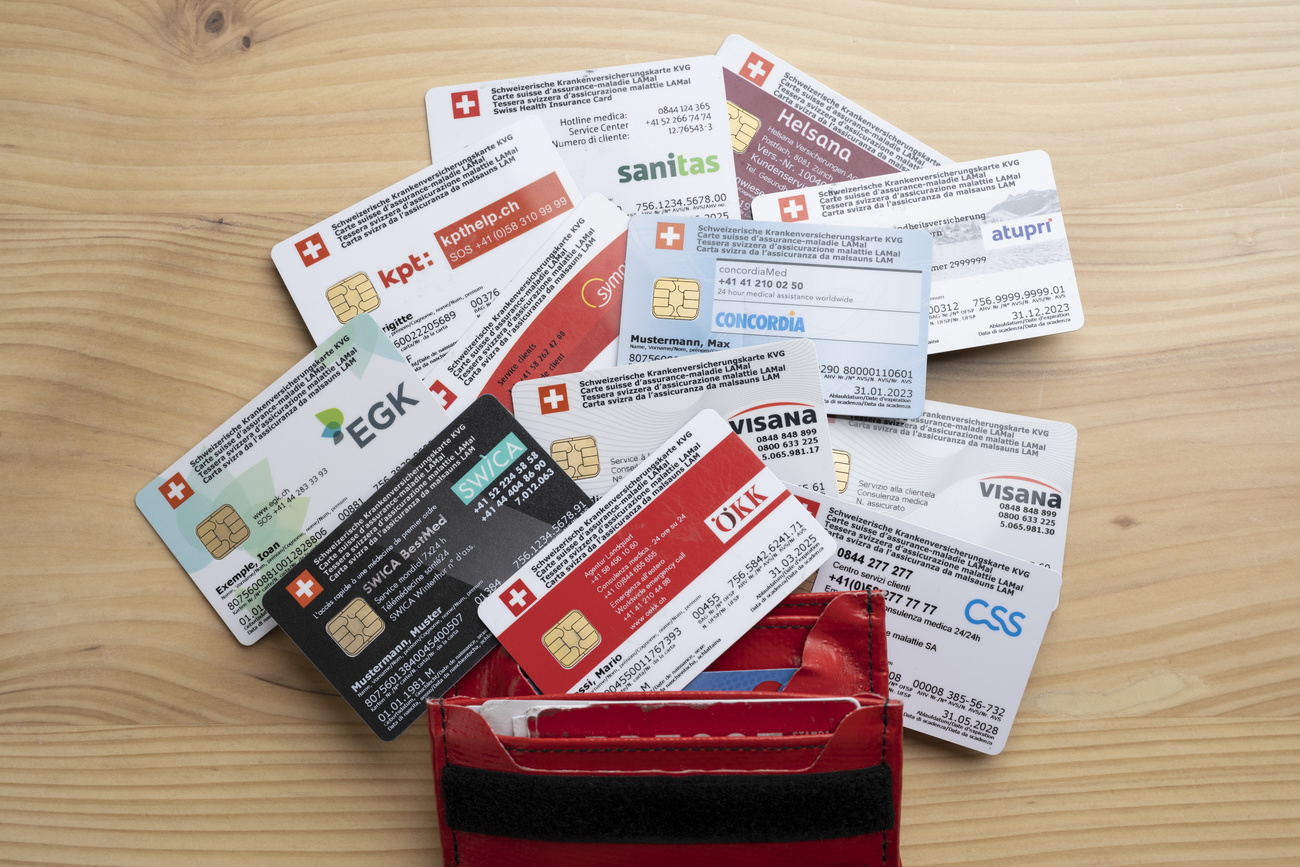
Emigration: what steps should I take to leave Switzerland?

This checklist will help you with your move – and provides additional helpful articles and links.
Whether it’s a new climate, culture or career move, relocating requires careful planning. If you’re considering emigration from Switzerland to other countries, here’s what you need to know.
What do I need to do if I want to leave Switzerland?
Plan ahead: for faraway countries, preparing all necessary documents can take up to two years. Discuss your plans with close family and friends, set a realistic budget and consider taking a language course.
You can download the following checklist here as a PDF.
Research, plan and organise
- Research your destination through a trip, internet resources, books and local media. Perhaps you know or can find someone who has already emigrated to the country? The Swiss foreign ministryExternal link also has dossiers on the labour market and education systems in popular emigration countries available.
- Check entry and residence permit requirements for your family with the destination’s embassy or consulate. In European Union (EU) and European Free Trade Association (EFTA) countries, free movement enables emigration, while elsewhere it is often difficult to obtain a permanent permit. Information on the most popular emigration destinations can be found at the end of this article.
- Find a job. Are your application documents complete? Clarify whether your credentials and diplomas are recognised in the country and have them translated if need be.
- Search for rental properties on trustworthy platforms. Here are a few platforms, for example: for FranceExternal link, the USAExternal link, GermanyExternal link or CanadaExternal link.
- Prepare the necessary documents such as salary certificate and confirmation of employment – translated into the local language.
- Are you planning to buy a property locally? Seek advice from independent experts who are versed in the legal requirements and local property market.
- If you have school-age children: Read up about the local education system or international schools and enrol your children.
- Find out about social insurance and pension schemes in your destination.
Finances and insurance when emigrating
- Statutory health and accident insurance typically cease to apply after permanent emigration.External link Find out about local healthcare and insurance and consider an international private insurance provider.

More
Swiss abroad health insurance – what are the options?
- Think about your pension. When you emigrate, you’re no longer obligated to take out 1st and 2nd pillar insurance. In the EU/EFTA, you pay into the local system (with some exceptions) and later receive a partial pension. Voluntary AHV insuranceExternal link is possible outside the EU/EFTA.
- Determine how to manage your pension fund. If in doubt, seek advice. You can find more information on retiring abroadExternal link here.
- Are you a pensioner? Report your emigration to your AHV compensation fund. From now on, the Swiss Compensation Office in GenevaExternal link will be responsible for you.
- Third-party liability insurance is invalid without Swiss permanent residence. Look into equivalent cover in your new home country.
- Settle your tax obligations in Switzerland and inform yourself about the tax situation in your future home country.

More
Tax information when emigrating from Switzerland: what you need to know
- Clarify with your bank whether you can keep your account open and make a note of any possible additional fees.
- Do you own property in Switzerland? Think about whether you want to rent it out, sell it or keep it. Be aware of any tax implications.
- If necessary, clarify with your bank whether you can keep your mortgage as a Swiss Abroad.

More
Five things to know about your Swiss bank account before emigrating
Important documents when you emigrating from Switzerland
- Ensure your ID card or passport has sufficient validity. You can order a new passport or ID card hereExternal link.
- Have important documents such as your birth and marriage certificates translated into the local language and notarized.
- If you are travelling alone with a child, you will need notarized power of attorney, official identity documents and translated birth certificates.
- Are you required to do military service? Then you must apply to the relevant district command for military leave abroadExternal link.
- Have important medical prescriptions translated and obtain a certificate.
- Check mandatory and recommended vaccinationsExternal link for your destination.
- Organise the necessary vaccinations and documents for your pet.
Moving
- Organise the journey for your family and pets.
- Sort through your belongings and calculate what you need to move.
- Look for a reputable removal company and compare various quotes.
- Start packing

More
Moving abroad: a helpful checklist
- Pack a supply of important medication.
- Find out about customs regulationsExternal link.
- Cancel subscriptions and contracts in due time (such as mobile phone, internet, leasing, insurance, memberships…).
Mobility
- Determine whether your driving licence is recognised in your destination country. If not, apply for an international driving licence.
- Are there other documents that you should have checked? Enquire about vehicle registration (car, motorbike, boat…) and changing number plates in the destination country.
Last steps before departure
- Organise your leaving party.
- Deregister with your local municipality to obtain your certificate of family origin.
- Have your post redirected. Inform the roads and traffic authoritiesExternal link of your departure.
- Prepare all required entry documents, including passport, confirmation of deregistration and inventory of household effects.
Shortly after entering the new country
- Follow the registration regulations of your new country of residence.
- Register with the relevant Swiss representation abroadExternal link (here is the form for adultsExternal link, and here is the form for childrenExternal link).
- Open a new bank account.
- Buy a local SIM card.
- Ensure your inclusion on the electoral register for Swiss votes and elections. Download the application formExternal link form here.
- If you encounter issues, the organisation of the Swiss Abroad (OSAExternal link) can provide support and helpful webinarsExternal link. The Soliswiss cooperativeExternal link is also available for additional advice.
- Here is federal information on the subject of emigrationExternal link.
- Here you will find the FDFA’s online desk for Swiss nationals abroadExternal link.
The specific requirements can be found on this French government web pageExternal link. The FDFA’s page on emigrating to FranceExternal link provides further helpful information.
The specific requirements can be found on the German Embassy in Bern’s websiteExternal link. The FDFA’s page on emigrating to GermanyExternal link provides further helpful information.
The specific requirements for emigrating to the US can be found hereExternal link. The FDFA’s page on living in the USExternal link offers further helpful information.
The specific requirements for emigrating to Canada can be found hereExternal link. The FDFA’s page on living in CanadaExternal link offers further helpful information.
You can find the specific requirements for emigrating to Australia hereExternal link. You can also find further helpful information on emigrating to Australia on this FDFA web pageExternal link.
You can find the specific requirements for emigrating to Spain hereExternal link. You will also find further helpful information on emigrating to Spain on this FDFA web pageExternal link.
You can find the specific requirements for emigrating to the UK hereExternal link. You can also find further helpful information on emigrating to the UK on this FDFA pageExternal link.
Edited by Balz Rigendinger. Translated from German by Katherine Price/amva

In compliance with the JTI standards
More: SWI swissinfo.ch certified by the Journalism Trust Initiative































You can find an overview of ongoing debates with our journalists here . Please join us!
If you want to start a conversation about a topic raised in this article or want to report factual errors, email us at english@swissinfo.ch.